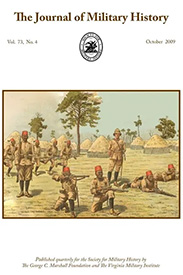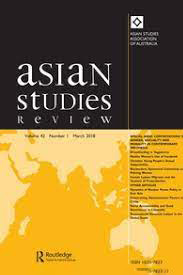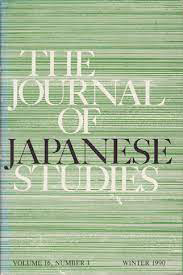The Military-Adventurous Complex: Officers, adventurers, and Japanese expansion in East Asia, 1884–1937

Japanese imperialism was one of the most important driving forces in the history of modern East Asia. One influential group of actors at the grassroots level were the so-called 'continental adventurers' (tairiku rōnin) – Japanese nationals who travelled in Korea and China on the lookout for adventures and employment opportunities. Some of them worked part […]
Irregular Warfare in Late Medieval Japan: Towards a Historical Understanding of the “Ninja” (with Polina Serebriakova)

The Japanese ninja are known in the west mainly by the romantic image of the secret agent, or assassin, endowed with superhuman powers. Yet there is a lack of serious scholarship on the actual warriors who became the subject of the myth. This paper seeks to use the full extent of primary sources from the […]
Pure Spirits: Imperial Japanese Justice and Right-Wing Terrorists, 1878–1936

“By Not Stopping”: The First Taiwan Expedition (1874) and the Roots of Japanese Military Disobedience

On April 26, 1874, Lieutenant General Saigō Tsugumichi, the commander of an impending Japanese invasion to Taiwan, was ordered by the Meiji government to withhold the expedition at the last moment, but he defied his political leaders and invaded the island. This article explores what circumstances led Saigō to disobey and how his decision indirectly […]
Criticism Reconsidered: The German Resistance to Hitler in Critical German Scholarship

The German opposition to Hitler, especially the armed resistance inside the Wehrmacht, always has been a subject of lively debate. Public and scholarly opinion especially has been divided over assessment of the "20 July 1944 Conspiracy," the failed attempt to assassinate Hitler and the abortive coup d'état that followed. Some consider this attempted overthrow as […]